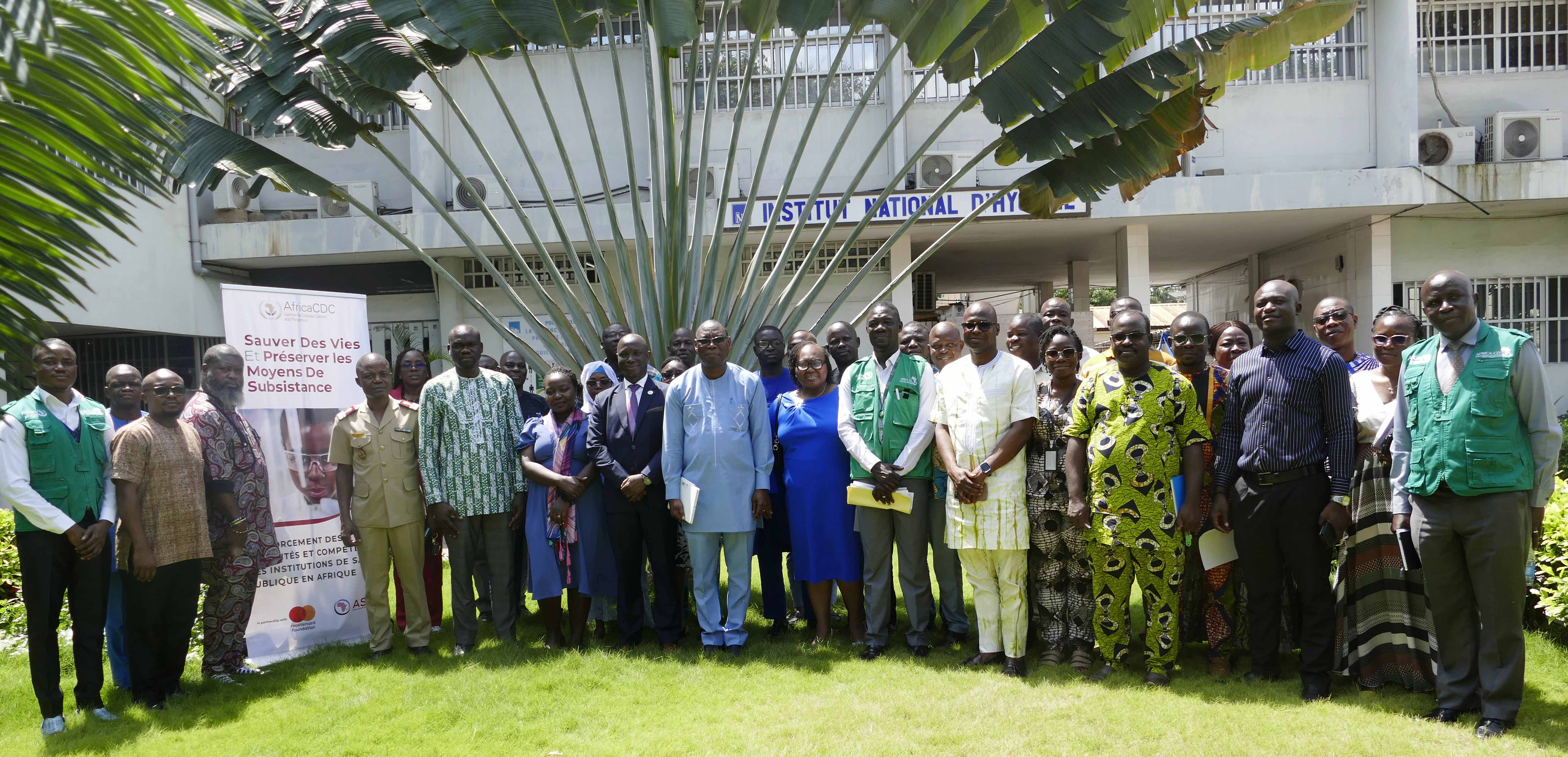Joining forces to prevent sickle cell disease in Togo
- Posted on 19/06/2025 20:48
- Film
- By kolaniyendoumiesther@gmail.com

Extract from the article: Every June 19, the world commemorates World Sickle Cell Day. To mark the occasion in Togo, the Association Togolaise de Lutte contre la Drépanocytose (ATLD) and the Ligue Togolaise des Consommateurs (LTC) raised awareness of sickle cell disease, a...
Every June 19, the world commemorates World Sickle Cell Day. To mark the occasion in Togo, the Association Togolaise de Lutte contre la Drépanocytose (ATLD) and the Ligue Togolaise des Consommateurs (LTC) raised awareness of sickle cell disease, a genetic disorder that represents a major public health challenge in Togo.
Currently,
16% of Togolese are carriers of at least one sickle cell gene, representing
over one million individuals. Of these, 4% are symptomatic, i.e. around 320,000
people who experience regular episodes of the disease and require constant
care.
According
to Dr. Kponou Mathieu Tobossi, President of ATLD, "an ailment that
already affects 16% of the Togolese population is already too much to keep
quiet about. Young couples need to make the right choice to curb the spread of
this scourge. The only way to prevent the disease is to screen for it and make
the right choice of partner"
The
Centre National de Recherches et de Soins aux Drépanocytaires (CNRSD) in Lomé
is the reference center for the treatment of sickle cell disease, treating an
average of 370 patients a month, and screening pregnant women.
A
daily life of struggle and suffering
Attacks
are unpredictable, and treatments are primarily aimed at relieving pain, not
curing the disease. The frequent need for blood transfusions adds to the
complexity of management, especially as blood resources are often limited.
Clinical manifestations vary, and include hemolytic anemia, pallor, persistent
fatigue, jaundice with yellow eyes and skin, and dark urine.
Serious
complications can include kidney and liver failure, osteoporosis,
osteoarthritis and pulmonary hypertension. By all accounts, the disease hurts
financially and sociologically. Treatment reduces pain temporarily, but it
often returns. Families bear the burden of frequent hospitalizations and
sleepless nights.
An
action plan focused on prevention and advocacy
The
ATLD intends to intensify its lobbying of national health institutions to
obtain free screening, particularly for young people and pregnant women. "Screening
must be free. If the test is not carried out during pregnancy, it must be done
as soon as the child is born, so that the child can be cared for as early as
possible. Children who are treated early will be better able to survive and
manage the disease," insists Dr Tobossi.
Under
its action plan, ATLD aims to mobilize partners to obtain the financial
resources needed to implement these initiatives. The ultimate goal is to
significantly reduce the spread of sickle cell disease in Togo.
LCT president Sogadji Emmanuel pleaded with
the state to fund the fight against the disease. "Sickle cell disease
affects many people, and it's ignorance that contributes to its spread. We
particularly appeal to young couples to get screened to avoid bringing sick
children into the world," he said. He also called on the State to set
up sickle cell disease centers in all prefectures, subsidize medicines and
provide a support fund for these centers.
The
ATLD, created in September 2013, has carried out various activities such as
awareness campaigns, the distribution of medicines and conferences on the
impact of sickle cell disease on eyesight.
Esther KOLANI




